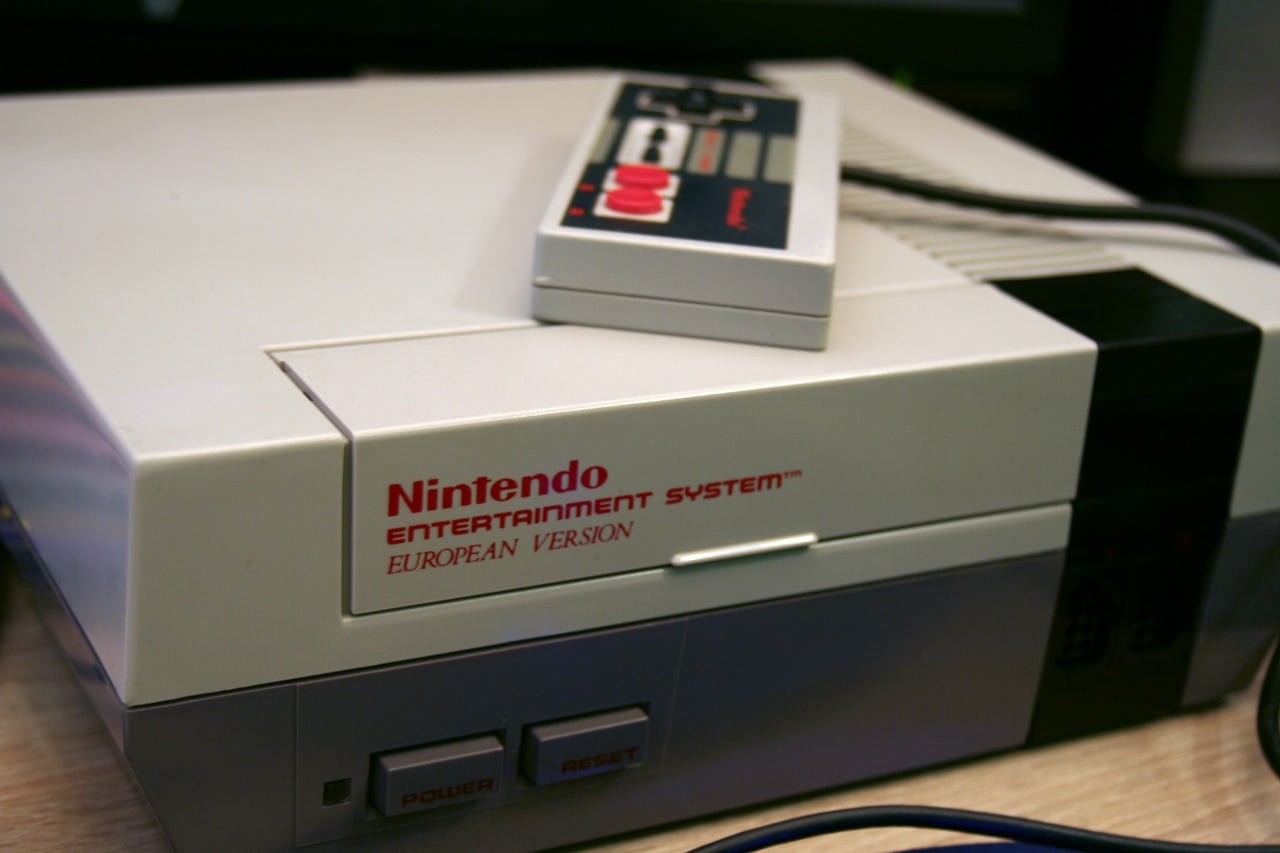
A generation is formed with contemporary individuals.
Generation is a term originating from the Latin generatio that has various meanings and uses. It can be used to name the action and effect of engendering (understood as procreating ) or generating (as a synonym for producing or causing something ).
For example: “The government has committed to promoting the generation of jobs in the region” , “The generation of wealth in this part of the country is a pending account” , “We need to strengthen energy generation to meet the needs of the population.”
Generation as a set of contemporary living beings
The concept is also used to name the group of contemporary living beings (who are of the same age ): “Teenagers have always been characterized by their little attachment to rules, but I have never seen so much lack of respect as in the current generation.” ” , “We have to be able to work for the well-being of future generations” .
In a similar sense, the notion of generation makes it possible to refer to the group of people who, because they were born in the same historical period, received similar cultural and social stimuli and, therefore, share tastes, behaviors and interests: “Sociologists affirm that Generation
Phases of a technique or technology
The different phases of a developing technique are also known as generation. Each generation brings some innovation compared to the previous generation: “I bought a next-generation computer,” “This is the third generation of the Intel Core microprocessor family.”
Video game consoles are grouped into generations, although it is a classification that varies depending on the point of view of the person making it. In principle, there are those who rely solely on the technology used for its manufacture, thereby accepting as a new generation device one whose technical specifications considerably exceed those of the competition and those of its previous edition , if it had one.
This reasoning was valid without problems for several years, especially until the mid-90s, since the normal strategy of console manufacturing companies when launching a new product was based on taking important technological leaps to impact to consumers; more memory, faster processors, more simultaneous colors on the screen, better sound, controls with more buttons: it was passed from one generation to another, dazzling the public with easy-to-perceive, but superficial improvements.
From another perspective , driven mainly by the innovations that Nintendo brought to the market with its DS and Wii consoles, the beginning of a generation takes place when a device is created that substantially changes the way of interacting with or viewing games.

Video game consoles are usually classified into generations.
Video game generations
The most important generations in the history of video games are the first three. Let's look at some of their featured consoles, highlighting their main features:
- 1st generation, Magnavox Odyssey : although video games have existed since the 1950s , it was not until 1972 that the first home console was launched, capable of connecting to a normal television to broadcast its images. It is worth mentioning that it did not have a processor itself, but rather worked based on transistors, resistors and capacitors. Also, their games had no sound.
- 2nd generation, Atari 2600 : starting in 1976 , with the launch of the Fairchild Video Entertainment System , the consoles incorporated microprocessors, which allowed their cartridges to consist solely of a ROM chip to store instructions . Without a doubt, Atari was the star of this generation, thanks to its Atari 2600 , with memorable games and technical specifications superior to those of its competition.
- 3rd generation, NES : in 1985 , Nintendo arrived in North America to rescue video games from their deepest crisis, which had begun a couple of years before. With games like "Super Mario Bros." , "Donkey Kong" and "Tetris" , revolutionary controls and a series of innovations that would change the way we understand games forever, the Japanese company represented a true rising sun for an industry that would otherwise have disappeared.
